Special Inspections Conundrum: How Do I Know What Special Inspections And Tests Are Required For My Project?

Exactly what are project special inspections? Well, the definition of special inspections is a bit nebulous and morphs into one meaning after another, depending on the source and the specific construction discipline you are discussing. It also depends on the jurisdiction location of your project. In Virginia, where this article was written, the Administrative Code […]
A Tribute to Concrete Special Inspectors
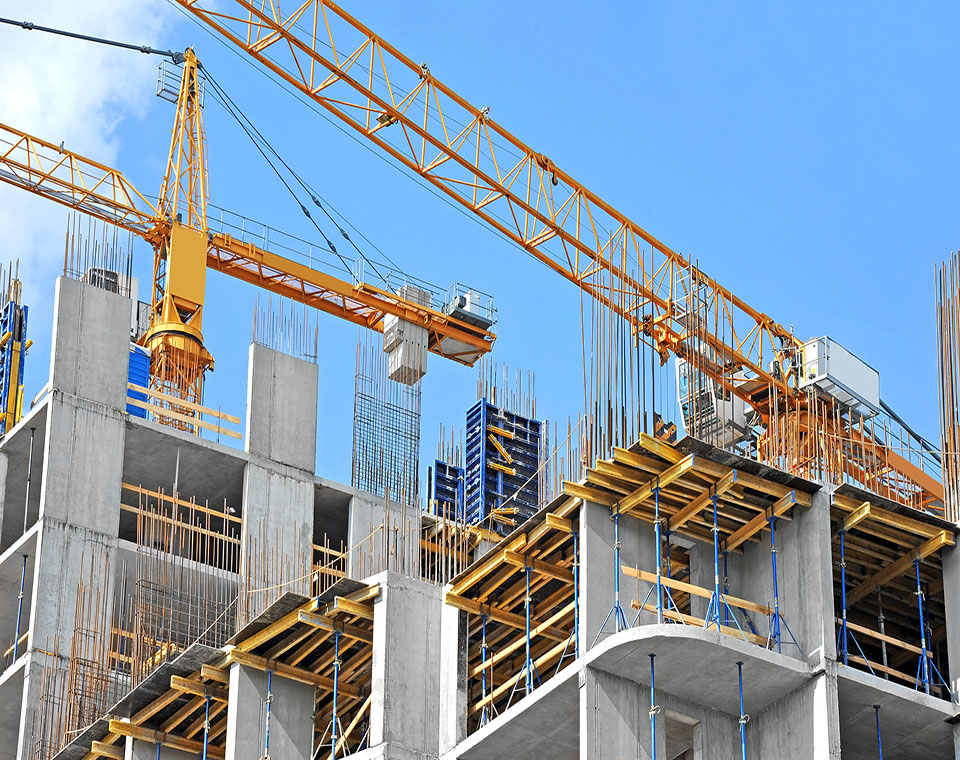
This Speaking in Code article is a tribute to concrete special inspectors everywhere for what they do daily. To appreciate the magnitude of the concrete special inspector’s duties, let’s begin with the International Building Code (IBC) definition of “special inspection” found in Chapter Two of the IBC code book. “Special Inspection. Inspection of construction requiring […]
Jurisdictional Inspections Versus Special Inspections

The best place to start this discussion is to appropriately define and understand what “jurisdictional” means. The International Building Code (IBC) defines jurisdiction as “the governmental unit that has adopted this code” (meaning the IBC code). In this case, a “governmental unit” means a town, township, county, or state with the authority under state statutes […]
Geotechnical Implications of VCC 2021 Adopting ASCE 7-22
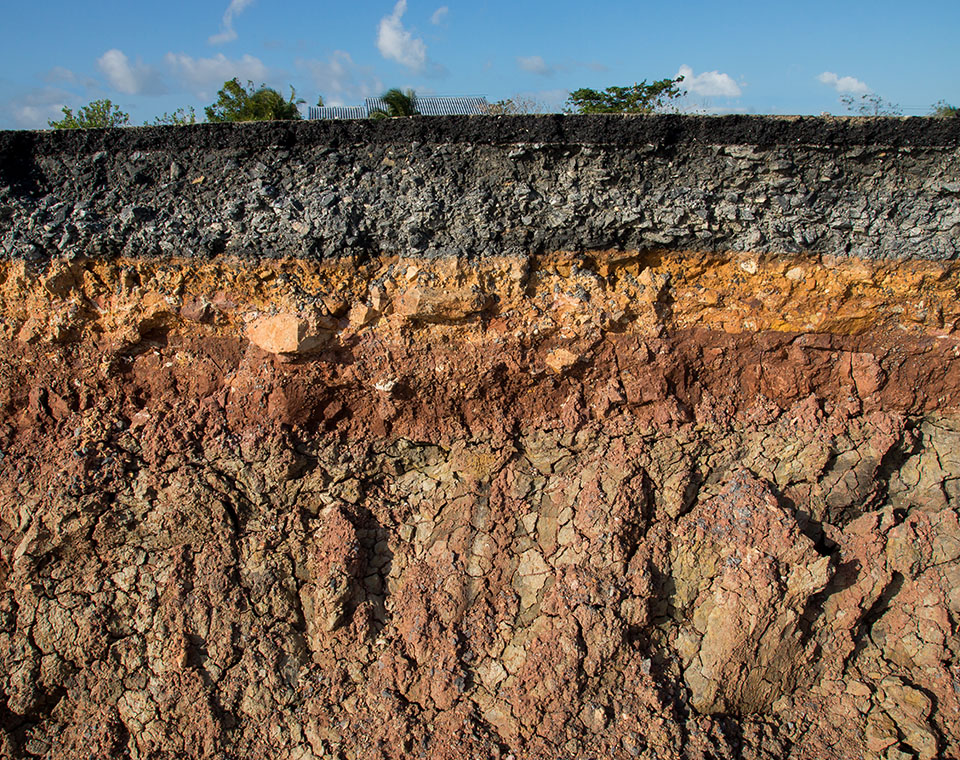
Chapter 20 of ASCE 7-22 does not strictly prohibit the correlation of average shear wave velocity with the use of N-Values derived from standard penetration tests (SPT) or cone penetration tests (CPT); however, this typical traditional approach does come with a “penalty.” The new revised ASCE 7-22 and Chapter 20 require a site class sensitivity […]
Building Code Versus Manufacturer’s Recommendations

(Which One Takes Precedence When Conflicts Occur?) Precedence is when someone or something is considered more important than someone or something else; it is a priority in importance, order, or rank. Precedence is very important in building codes, mainly when conflicts arise. Section 102.4 of the International Building Code (IBC) is very clear about the […]
Soil-Caused Uplift – IBC 2021 Code Changes
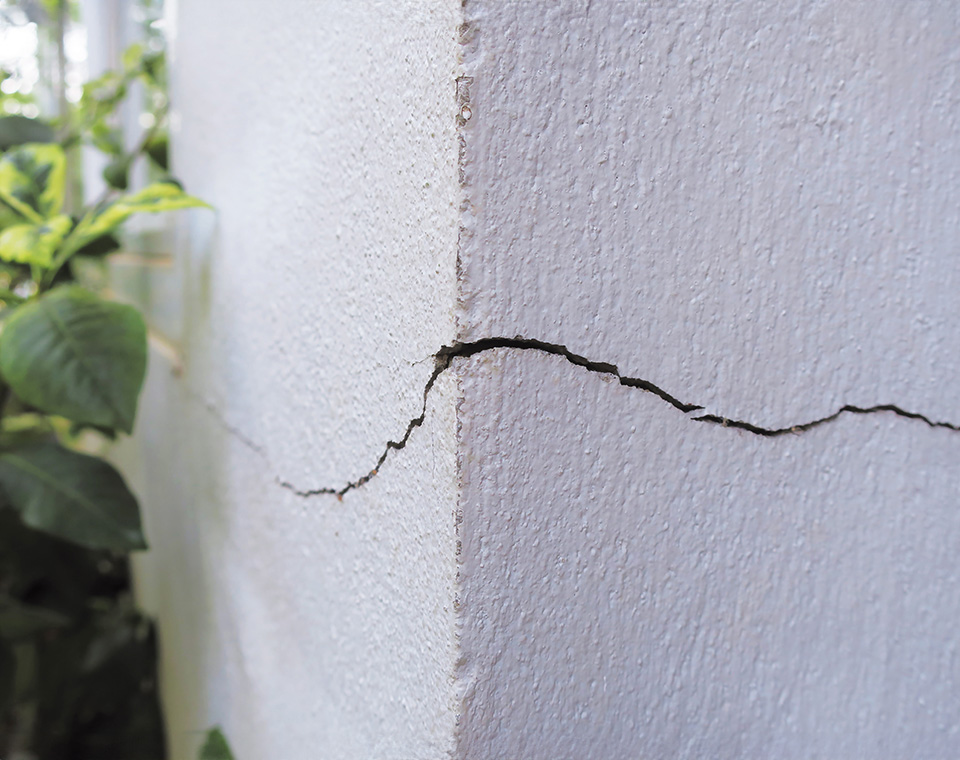
Concrete slabs on the ground must now be designed for uplift due to soils expansion and water pressure in areas prone to soil movement or a shallow water table due to code changes in the 2021 edition of the International Building Code (IBC). Note: Section 1610.1 appears below. The words with line strikes have been […]
Cold-Weather Masonry – Special Inspections
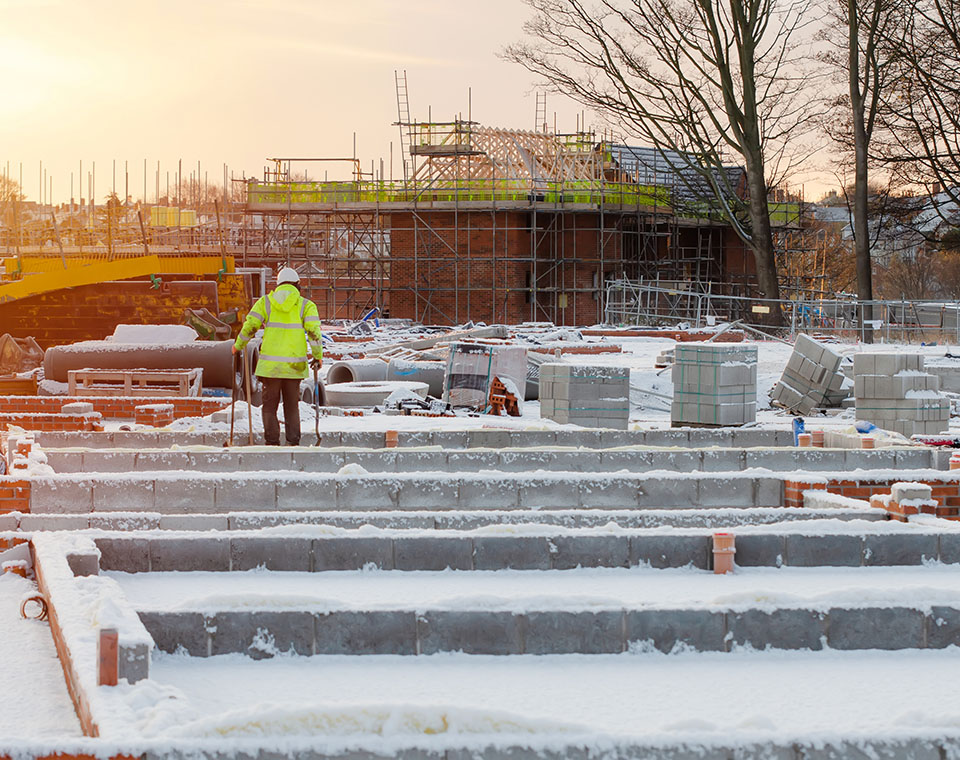
Many geographic areas in the United States are subject to unpredictable weather. Masonry under construction needs to be protected from detrimental moisture intrusion and other weather elements, particularly when there is a possibility of freezing temperatures. Successful cold-weather masonry construction requires knowledge of code requirements, workforce, planning capabilities, and the capacity to be flexible and […]
Special Edition: Cold-Weather Concreting
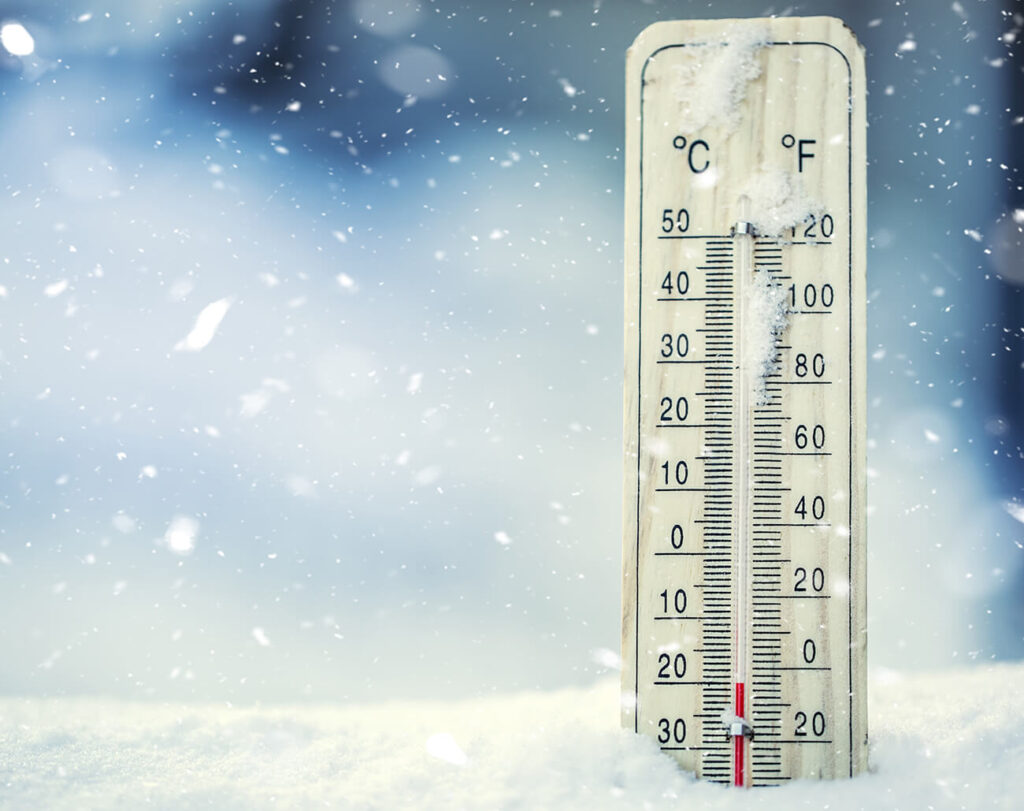
‘Tis the season for temperatures to drop, and Mother Nature doesn’t seem to care about her effect on concrete. Fortunately, F&R is pleased to have the opportunity to share the following article on issues with cold weather concrete courtesy of someone who would know – Robert Neal, Technical Services Engineer with Heidelberg Materials in Richmond, […]
Project Concrete Mix Designs – Special Inspections & Code Compliance
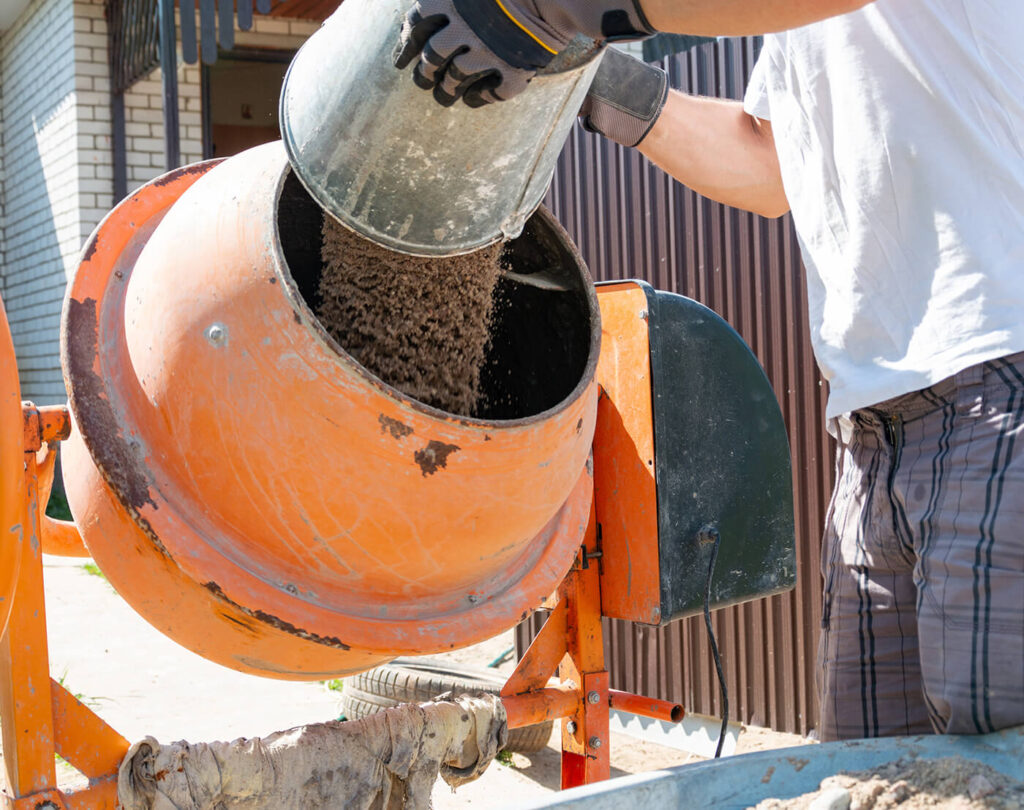
Reference Standards cited in this article: International Building Code (IBC) Building Code Requirements for Structural Concrete (ACI 318) Specifications for Structural Concrete (ACI 301) Standard Practice for Selecting Proportions for Concrete (ACI 211.1) Every construction project in the country uses at least one concrete class during construction phases, and most will include several. All project […]
Minimum Masonry Special Inspections on TMS 402/602
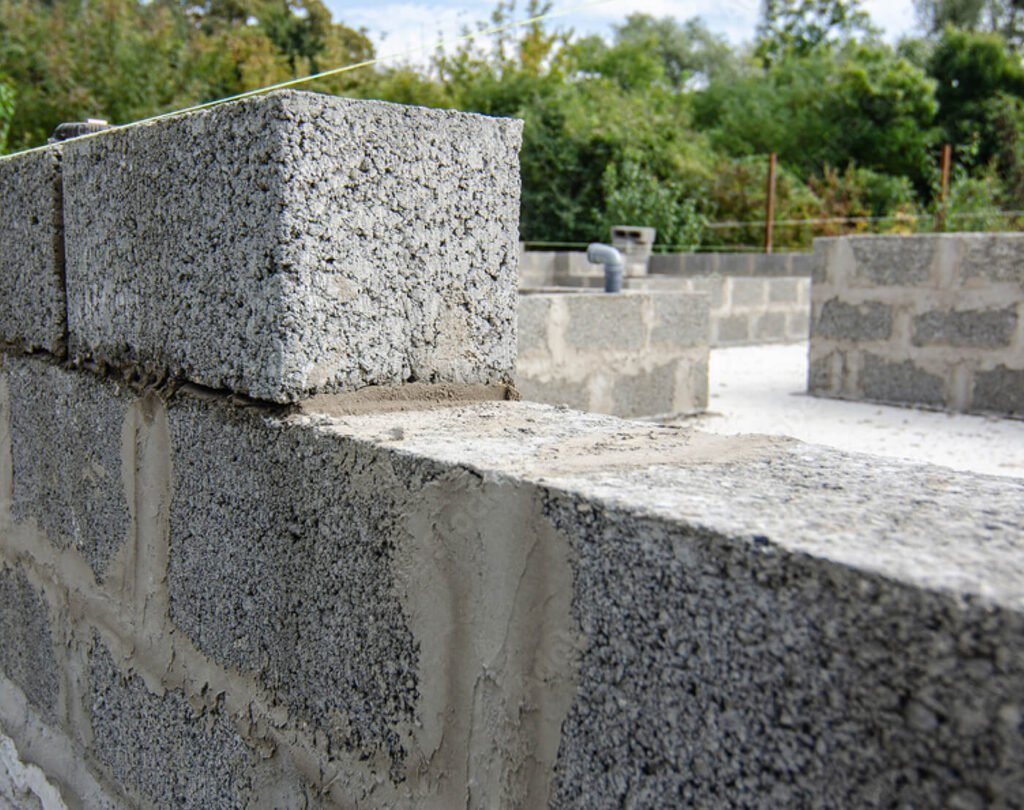
If you have questions regarding the minimum special inspection requirements for load-bearing or engineered masonry construction, you will find most of your answers in Table 4 of the TMS 402/602 masonry code. There is some uncertainty regarding interpretation of the numerous masonry special inspection tasks listed in Table 4. This uncertainty is understandable, because Table […]
Ground Penetrating Radar (GPR) – Geotechnical, Structural, and Environmental Applications
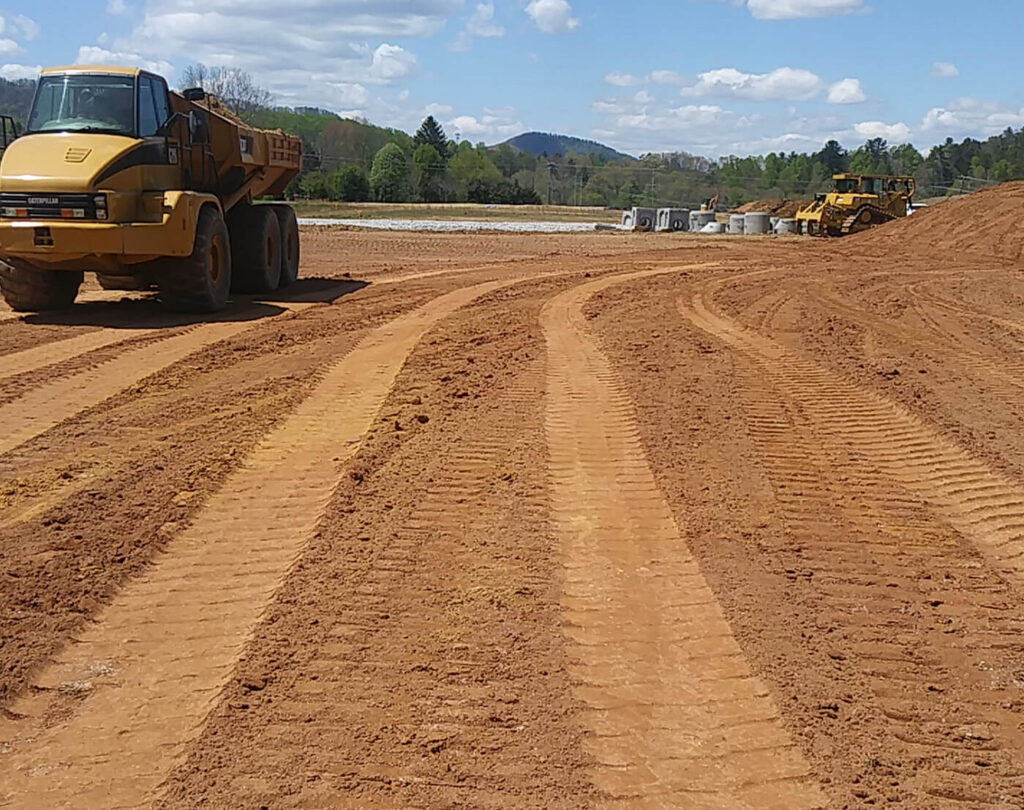
Ground penetrating radar (GPR) is a geophysical-locating method that uses radio waves to capture images below the ground’s surface. It is a non-destructive detection and imaging method that identifies subsurface elements underground or within a specific surface, such as concrete. The huge advantage to this method is that underground objects and features may be pinpointed […]
Special Inspections Frequently Asked Questions

As Speaking in Code (SIC) is widely distributed online, we receive hundreds of questions about special inspections and building codes every year. These questions come from architects, engineers, building officials, contractors, university facility directors, testing agencies, city planners, and others. The inquiries originate from many jurisdictions – locations from coast to coast, Texas to Alaska. […]
